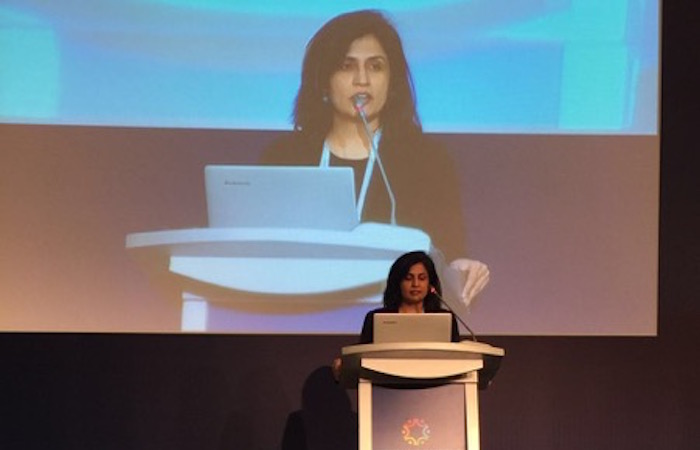Listen Now
“There are well intentioned people doing well intentioned policies, and somehow they fail.” There is a good deal of energy in the development and humanitarian space focused on building an evidence base for what works – and what doesn’t. Here on the Terms of Reference Podcast, we’ve talked with numerous individuals and organizations who are building data sets towards that end, and the International Initiative for Impact Evaluation – or 3ie – has been contributing to this conversation since its founding in 2008. To date, they’ve funded 146 impact evaluations, 33 systematic reviews and 38 other studies in over 50 countries. But how do we properly reflect on and communicate about the evidence we’ve collected, and its resulting analysis, so that it can be used by development and humanitarian actors to design (and deliver) better programing? I discuss this and a host of other topics on the 114th episode of the Terms of Reference Podcast with my guest, Dr. Jyotsna Puri. Jo is the Deputy Executive Director and Head of Evaluation at 3ie and has more than 21 years of experience in policy research and development evaluation. You can connect with Dr. Puri here: https://in.linkedin.com/in/jo-puri-54815520 https://twitter.com/jo_puri
IN TOR 114 YOU’LL LEARN ABOUT:
- The importance of standard methods for evidence making.
- How neutrality about approaches fosters a better understanding of evidence.
- 3i’s flavor of impact evaluation, less systematic, more in tune with the zeitgeist and involved across stakeholders.
- Jyotsna’s optimistic view of development conversations further mediated by evidence, and evidence standards and frameworks.
OUR CONVERSATION INCLUDES THE FOLLOWING:
Organizations
- International Initiative for Impact Evaluation (3i) http://www.3ieimpact.org
- Johns Hopkins University
- Alliance for a Green Revolution Africa
- Innovations for Poverty Action (IPA)
Topics
- Impact Evaluation
- Systematic Reviews
- High Quality Data
- Natural Resources Management Decentralization, Governance
- Approach Neutrality
- Big Data, Satellite
- Behavioral Science, Implementation Science
Places
- New Delhi, India
- Colombia
EPISODE CRIB NOTES
3i- Recognition of how there is no info on what works and what does not.
Please share, participate and leave feedback below!
If you have any feedback you’d like to share for me or Jo, please leave your thoughts in the comment section below! I read all of them and will definitely take part in the conversation. If you have any questions you’d like to ask me directly, head on over to the Ask Stephen section. Don’t be shy! Every question is important and I answer every single one. And, if you truly enjoyed this episode and want to make sure others know about it, please share it now:[feather_share show=”facebook, twitter, linkedin, google_plus” hide=”reddit, pinterest, tumblr, mail”]
Also, ratings and reviews on iTunes are very helpful. Please take a moment to leave an honest review for The TOR Podcast!




